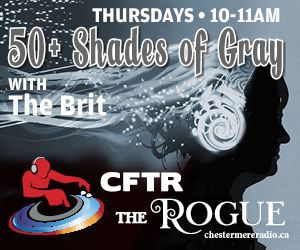The biggest challenge you may have with this word is how to pronounce it! Here are the syllables: an-thro-po-mor-phism.
So, what is anthropomorphism? Wikipedia defines it as “the attribution of human traits, emotions, or intentions to non-human entities.” In the canine context, this means treating your dog as if it was a human. At some point, I would suggest that we have all anthropomorphized our dogs to a greater or lesser degree: from the casual reference to your dog being “the son I never had” to a full-bore makeover to include dying your dog’s fur and dressing her in “doggy clothes”. Whether done for light-hearted reasons or a more serious end goal, there are three lessons to be learnt here: 1) don’t confuse loving your dog with treating it like a human, 2) dogs don’t think or behave like humans and 3) never forget DOGS ARE NOT CHILDREN!
So, why do we do it? As Vedika Shah writes in ‘The Bark”, “As humans, we tend to anthropomorphize dogs for our own satisfaction. Looking at and understanding them through a human lens is far easier than learning how they communicate.” Becoming skilled in the art of reading and understanding a dog’s body language and behaviour takes an investment of time and effort, which many people are not prepared to make. They perceive it as being easier and more convenient for them to treat a dog as a human rather than a dog.
But, what effect can anthropomorphism have on our dogs? Shah writes “Do you think your dog enjoys wearing clothes? To him, a jacket or jumper is uncomfortable and stressful because it hinders his ability to communicate with the environment. Since dogs communicate through their bodies, putting an article of clothing on your dog is similar to placing a strip of tape across your mouth. However, dressing up dogs is only one of the many ways we anthropomorphize them. While grooming is good for your dog, extending it to manicures, coat-coloring and accessorizing is not.
We need to realize where to draw the line when it comes to anthropomorphism. Whether the pet industry is to blame or the cinema, our dogs are unconsciously anthropomorphized in many ways, and it can lead to behavioral problems. Our dogs are not substitutes for babies, and treating them as though they are often aggravates their levels of stress, aggression and anxiety. Because we don’t realize we’re doing it, we keep on doing it over and over again without thinking about the consequences of our behavior.”
When we attempt to understand dogs through the human emotions of guilt, anger, jealousy, regret and so forth, we risk misunderstanding what our dogs want to tell us, and this can lead to behavioural issues. Understanding and making decisions for our dogs based on a human perception of right and wrong drowns the value of their existence in our lives. To build healthy bonds and strengthen existing relationships, we need to listen to what our dogs are trying to tell us and consider life from their point of view.
We should all love our dogs for what they are: intelligent, insightful creatures who get enjoyment from life based on their own canine perspective. Beware of anthropomorphism!







